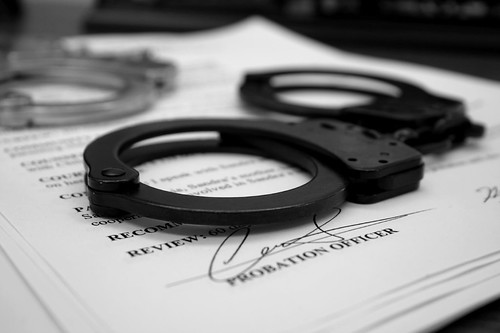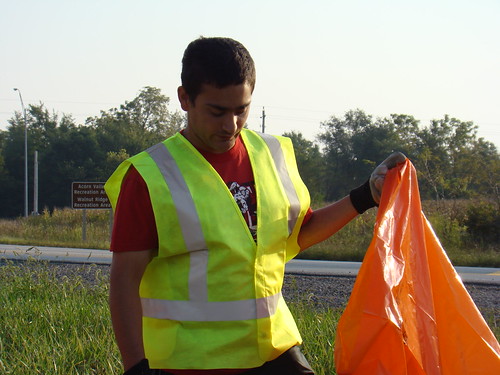
Why Juvenile Probation is More Effective than Incarceration
It’s a sad truth that criminal offenders are getting younger each year, putting more of a strain on the legal system than at any other time in history. Probation is often the sentence handed down for many of these young criminals. Sentencing youthful offenders to probation instead of incarceration typically offers more benefits, both to the legal system and to the offender.
1.Education
Children who are placed on probation are still able to fulfill the obligations of their education. Rather than being placed in a juvenile facility, these children remain in the community and attend school without interference. In fact, a condition of probation is often regular school attendance. Furthermore, children on probation must not get into further trouble while in school. This structure is often enough to encourage young offenders to get back on track. Consequences to missing school or bad behavior are clearly laid out in the probation contract; these missteps often lead to the handing down of further, more stringent punishment by the court.

2.Resources within the Community
Once placed on probation, young people have access to community resources that they may not otherwise have been aided by. These children may be required to attend substance-abuse treatment, mental health counseling or participate in volunteer activities that will benefit the community. As a part of sentencing, these resources are often free to the family of the offender. This can be an important component in the rehabilitation of the child, particularly if the family is not financially able to help their child.
3.Family Support
Families often struggle to deal with children who break the law, participate in undesirable activities, or otherwise disrupt the community. Once a child is placed on probation, the juvenile probation officer will work with families, giving them the knowledge and tools necessary to help rehabilitate their child. Families will gain access to support groups and necessary resources that will help ensure the betterment of both their child and the family unit.
4.Advocates
For some children, strong familial support is lacking. Once these children break the law and are placed on probation, they are assigned a court-appointed advocate. This person will stand for the juvenile, attending court hearings, helping move the child through their court sentence, and acting as a mentor to the offender. Many juveniles benefit from having a positive role model in their lives; an advocate can provide the stability so often absent in the lives of these youthful offenders.
5.Scared Straight
While it may seem an unfortunate thing to have happen, being placed on probation can often be a blessing in disguise. For some young people, it only takes one trip through the legal system to turn their lives around. It is for these children that probation is most often effective. For children that are mentally immature, this wake-up call can be the necessary occurrence that stops their behavior before it spirals out of control.
While there are those people that feel probation is too lenient for many young people, its effectiveness has been proven time and again. Rather than incarcerating children, probation gives offenders an opportunity to maintain a normal lifestyle while remaining accountable for their actions.
Chantel Leck is an avid blogger. If you have in interest in helping troubled youth, pursuing a criminal justice online degree can offer a career helping juveniles head down the right path.
edralyn
Latest posts by edralyn (see all)
- Credit Card Mistakes that can Cause You Problems - December 8, 2013
- Find Out the Easiest Way to Get Bail Bond New Jersey Based - November 1, 2013
- The Digital War: Why Cyber terrorism is National Security’s Biggest Threat - October 16, 2013
